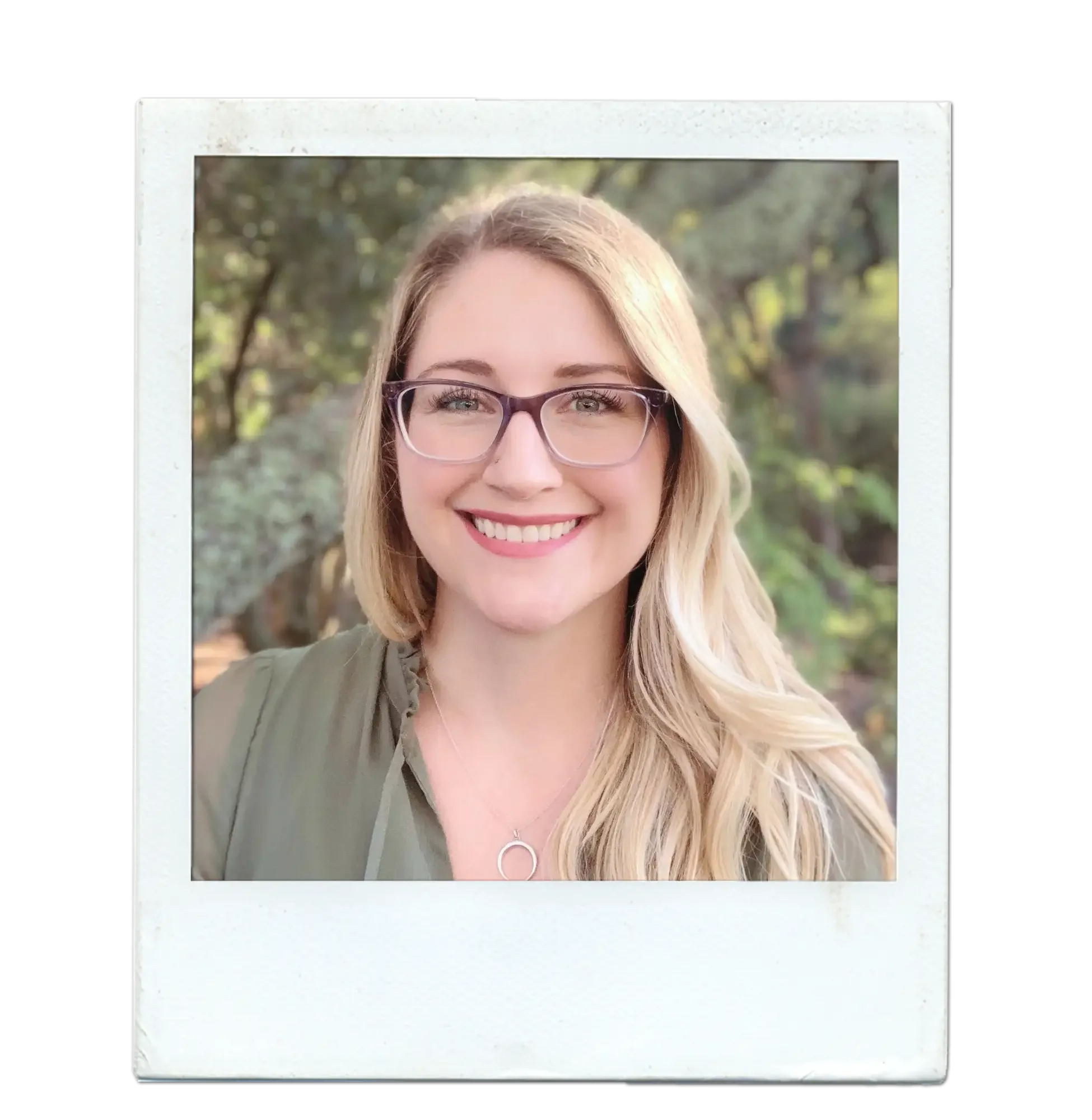
Meet Lauren
"The curious paradox is that when I accept myself just as I am, then I change." ~ Carl Rogers
I’ve always had a deeply rooted, intrinsic curiosity about people and relationships. And in the various jobs I held before becoming a therapist, I found myself consistently drawn toward helping others. So, I realized early on that I wanted to focus my career in these directions.
As someone who struggled with Attention-Deficit/Hyperactivity Disorder (ADHD) early in life, I too sat through my fair share of therapy. However, because no one knew what I was truly experiencing, traditional talk therapy didn’t address all of the challenges I was facing. I understood the power of the therapeutic process, but I needed something that none of my therapists were capable of offering.
On my journey to becoming a therapist in graduate school, I finally received a diagnosis for ADHD, which unlocked the mystery that could not be addressed with traditional talk therapy. With this new self-awareness, I committed myself to providing specialized care to other neurodiverse individuals by meeting them where they are.
That includes focusing more on fostering accountability, collaborative problem-solving, inner-curiosity, and self-understanding, as well as being flexible and adaptable to each person’s needs. My goals are to move away from traditional talk therapy and offer new strategies for tackling challenges in a neurodiversity-affirming space.
Lauren Dibble (Simas) is a Licensed Marriage and Family Therapist (123427) in the State of California. Her license can be verified through the Department of Consumer Affairs (DCA). https://search.dca.ca.gov/
Lauren is the founder of Brilla Counseling and also serves as Brilla Counseling’s clinical supervisor for all pre-licensed staff.
Lauren is our family therapist and lead parent consultant for ADHD and/or Anxiety. Learn more about our family-based treatment for childhood ADHD.
Lauren also specializes in working with 2e individuals with ADHD and runs our ongoing support groups for women with ADHD along with Vanessa.


